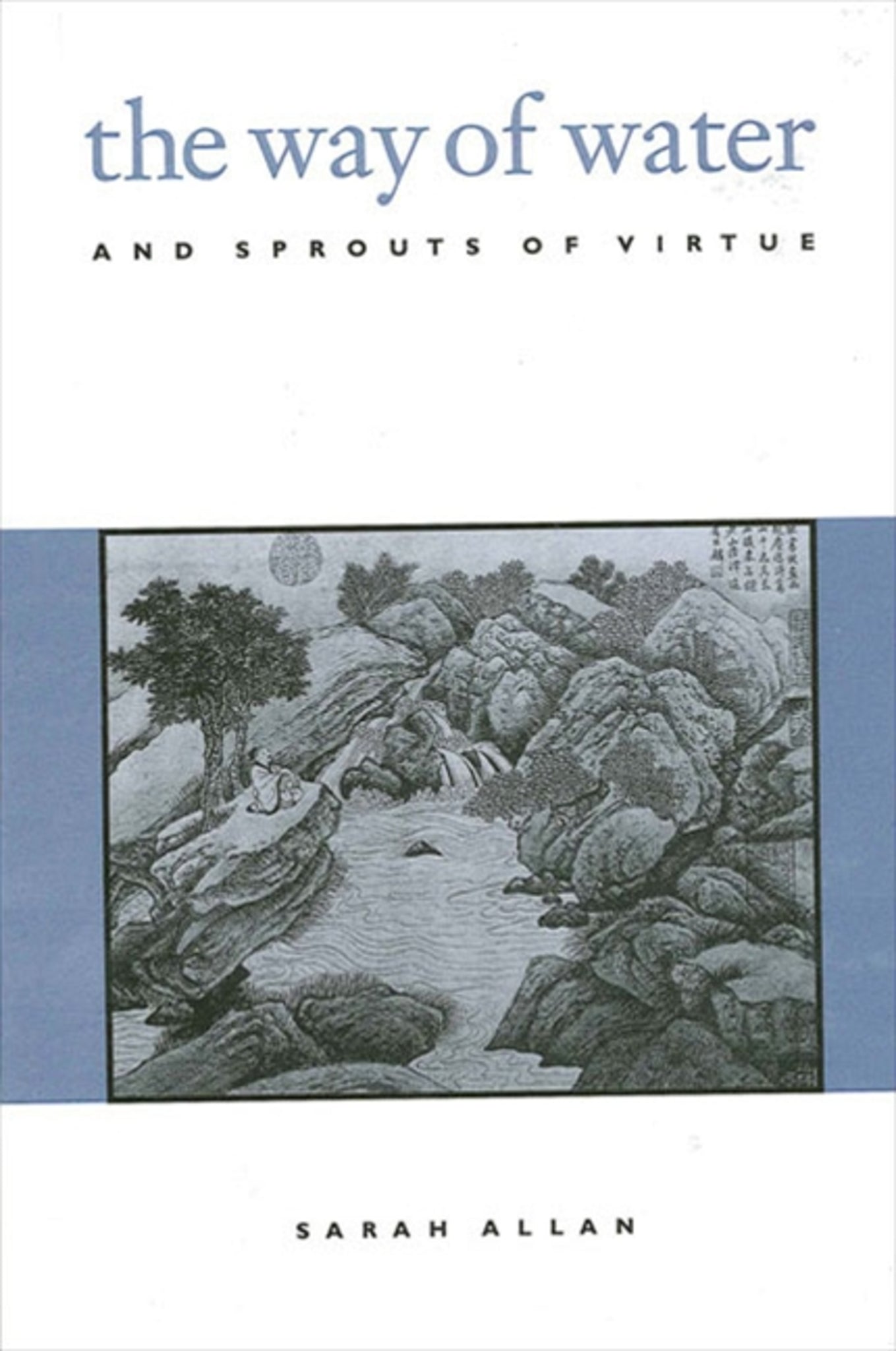We're sorry. An error has occurred
Please cancel or retry.
The Way of Water and Sprouts of Virtue

Some error occured while loading the Quick View. Please close the Quick View and try reloading the page.
Couldn't load pickup availability
- Format:
-
12 June 1997

Explicates early Chinese thought and explores the relationship between language and thought.
This book maintains that early Chinese philosophers, whatever their philosophical school, assumed common principles informed the natural and human worlds and that one could understand the nature of man by studying the principles which govern nature. Accordingly, the natural world rather than a religious tradition provided the root metaphors of early Chinese thought. Sarah Allan examines the concrete imagery, most importantly water and plant life, which served as a model for the most fundamental concepts in Chinese philosophy including such ideas as dao, the "way," de, "virtue" or "potency," xin, the "mind/heart," xing, "nature," and qi, "vital energy." Water, with its extraordinarily rich capacity for generating imagery, provided the primary model for conceptualizing general cosmic principles while plants provided a model for the continuous sequence of generation, growth, reproduction, and death and were the basis for the Chinese understanding of the nature of man in both religion and philosophy.


"I find this book unique among recent efforts to identify and explain essential features of early Chinese thought because of its emphasis on imagery and metaphor." — Christian Jochim, San Jose State University
Illustrations
Preface
Acknowledgments
Chapter 1. Introduction
The Sources
Root Metaphors and Conceptual Schemes
Early Chinese Religion
Water and Plant Life
Procedure
Chapter 2. Water
Shui "Water"
Water with a Source Flows Continuously
Water Flows along a Course
Water Flows Downward
Water Carries Detritus
Soft and Weak, Yielding, and Uncontending
Water Takes Any Shape
Still Water Becomes Level
Still Water Clears Itself of Sediment and Becomes Reflective
Water is Difficult to See
Mountains and Rivers
Water and Fire
Chapter 3. The Way and Other Ideas
The "Way" (Dao )
The Analects and the Mencius
The Laozi and the Zhuangzi
"Doing Nothing" (Wuwei )
The Mind/Heart (Xin )
"Breath," "Vapor," "Vital Energy'' (Qi )
Chapter 4. Sprouts of Virtue
The Myriad Living Things (Wan Wu )
Virtue or Inner Power (De )
Nature (Xing )
The "Shoots" (Cai, ) (Original Material or Natural Endowment)
The Sprouts (Duan ) of The Mind/Heart
Humaneness (Ren )
That which Is So of Itself (Ziran )
The Artificial and the Natural (Wei and Xing )
Chapter 5. The Philosophers
The Analects
The Mencius
The Laozi Daodejing
The Zhuangzi
Conclusion
Notes
Bibliography
Chinese Texts
Index of Translations from Chinese Texts
Index of Chinese Terms
Subject Index



